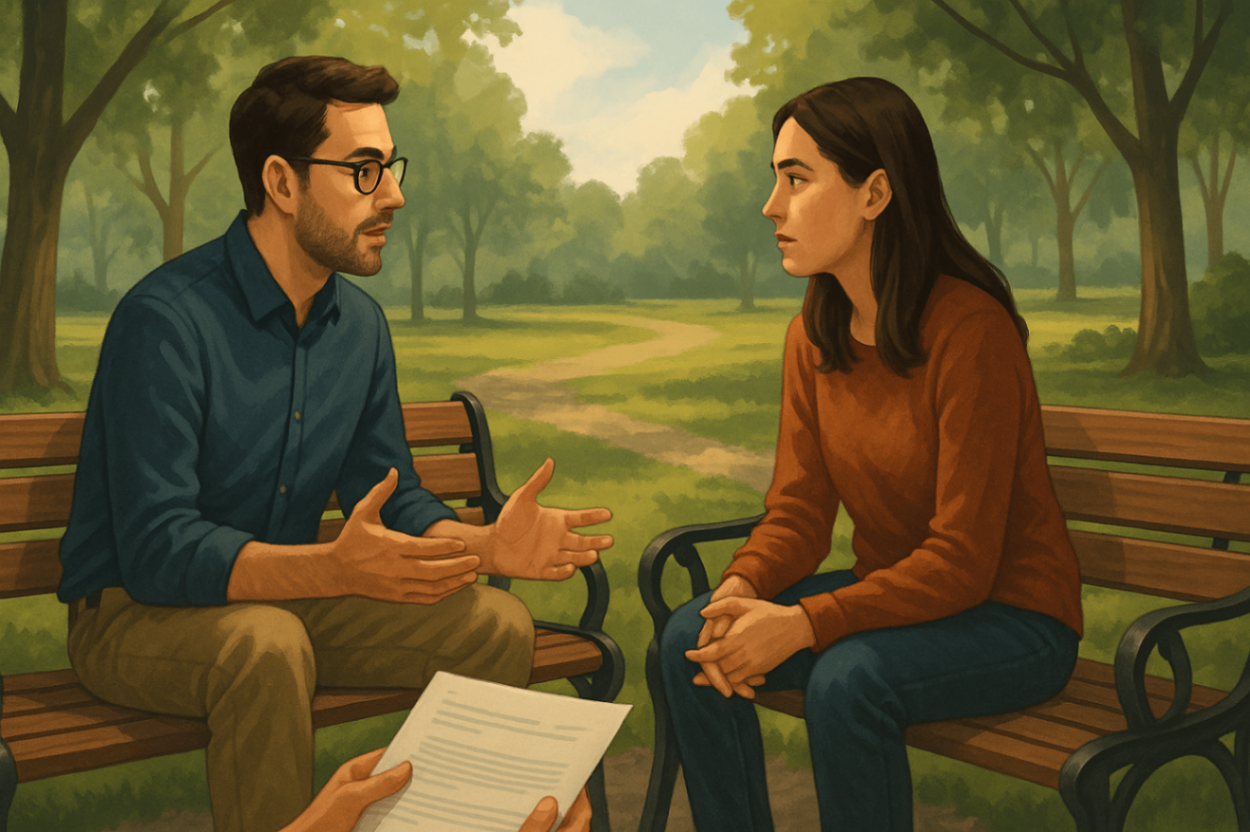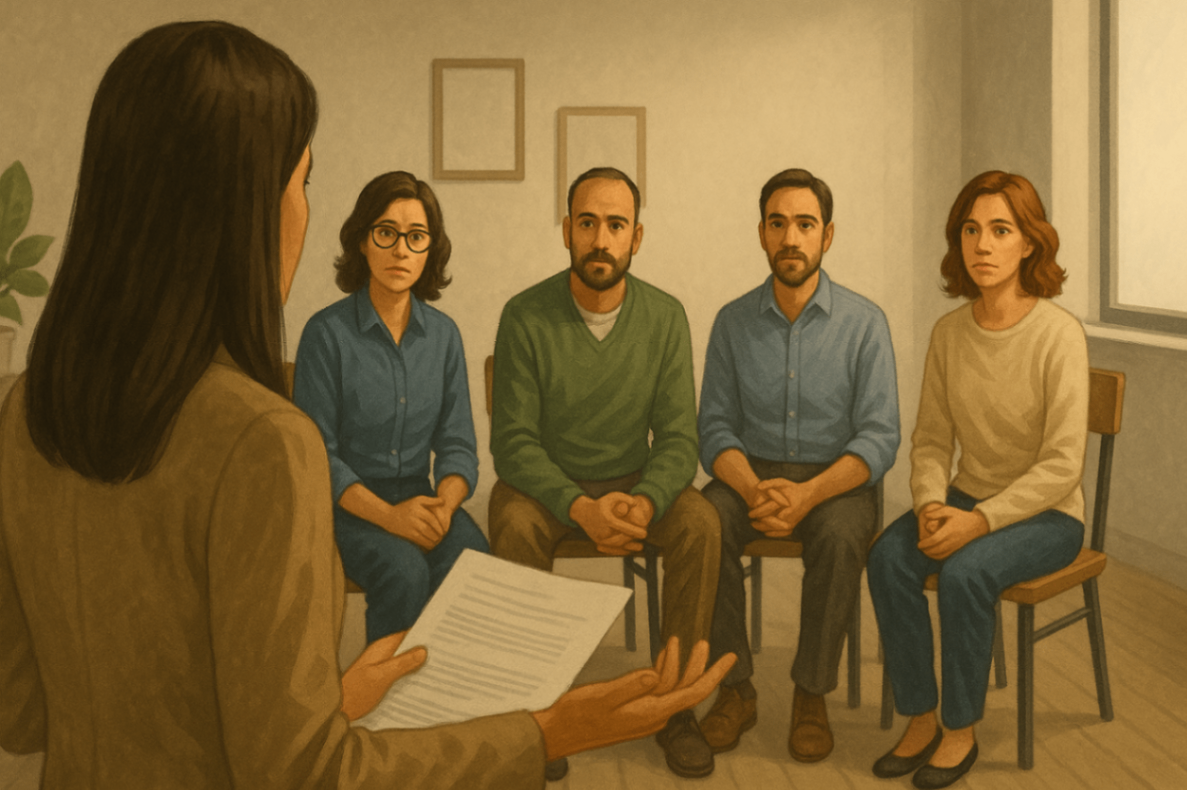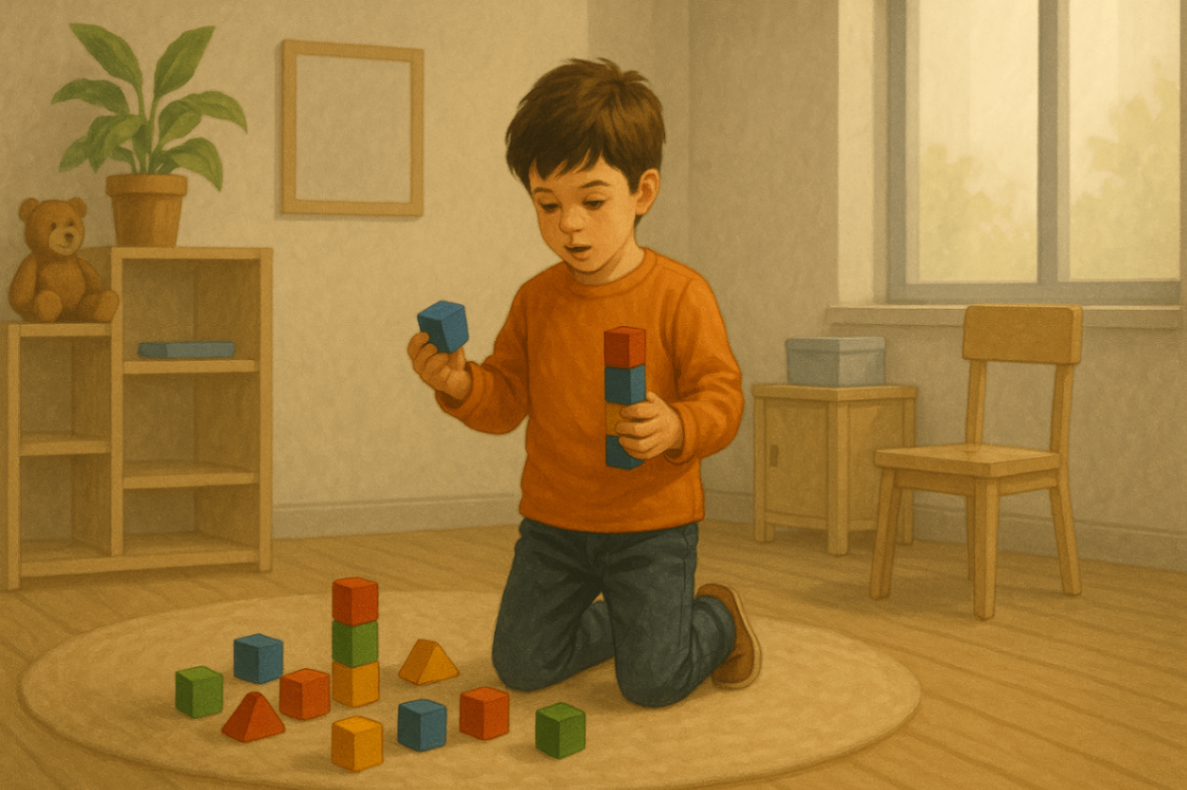
behavioural therapy for autism under ndis: what works best
25 June, 2025
Updated on November 8, 2025
When a child is diagnosed with autism, families often ask: “What behavioural therapy will help the most?” Under the National Disability Insurance Agency (NDIA) and the National Disability Insurance Scheme (NDIS) framework, understanding what works—and why—is key to making your funding and supports count. At daar in Liverpool, our expert team guides families through proven therapy pathways, helping them select the right approach and achieve real progress.
Key Highlights
-
Behavioural therapy significantly enhances communication skills and social interactions for autistic children, promoting their overall quality of life.
-
Positive behaviour therapy focuses on reducing challenging behaviours by identifying and removing behavioural triggers.
-
Applied Behaviour Analysis (ABA) uses evidence-based methods to develop new skills and reinforcement strategies.
-
The NDIS behaviour therapy framework offers tailored support services for autistic individuals and their families.
-
Families and caregivers play a central role in shaping effective support plans under the NDIS.
-
Early intervention guided by PBS autism strategies ensures meaningful, long-term improvements in development and well-being.
Understanding Behavioural Therapy for Autism

Dealing with autism spectrum disorder can be tough, but the right therapy can make all the difference. Starting early with NDIS behaviour therapy is key—it can lead to long-term gains in communication, social connection, and daily functioning.
Behavioural therapy for autism focuses on helping children build skills, replace challenging behaviours with positive ones, and engage more effectively in home, school and community life. The most effective therapies are underpinned by evidence and tailored to each child’s unique needs.
Approaches often include:
-
Positive Behaviour Support (PBS): A holistic method focusing on why behaviour occurs and how to teach replacement skills in the child’s real environment.
-
Applied Behaviour Analysis (ABA): A more structured, data-driven therapy model that uses reinforcement and systematic teaching to build skills
-
Naturalistic interventions and caregiver-led supports: These involve the family and everyday routines, which research shows boost outcomes.
Therapies like positive behaviour therapy and ABA are custom-built to help autistic children thrive. These interventions don’t just address challenging behaviours; they focus on helping children develop language, emotional regulation, and independence. In this article, we break down the types of therapy available under the NDIS and share what works best for families seeking autism support in Liverpool.
Understanding Positive Behaviour Therapy for Autism
Positive behaviour therapy is a specialised behavioural therapy approach commonly used to support children with autism. It helps them build communication, manage challenging behaviours, and improve daily functioning..
Behavioural therapy uses structured support methods to build communication and daily living skills in autistic children. Key approaches like ABA and Positive Behaviour Support (PBS) aim to replace challenging behaviours with functional, positive alternatives. Under NDIS behaviour therapy, these supports are fully individualised. Therapists, families, and educators work together to develop a PBS autism strategy that empowers the child to succeed across environments.
Looking for autism-specific support for your child? Book your behavioural therapy consultation at our Liverpool clinic today.
Key Principles of Behavioural Therapy
The Positive Behaviour Support (PBS) model used in Australia forms part of the NDIS autism therapy plan. It emphasises proactive, family-centred strategies that reduce behaviours of concern and promote meaningful skill development.
Applied Behaviour Analysis (ABA) looks at observable behaviours and identifies the surrounding environment’s impact. It uses positive reinforcement to shape skills and reduce undesirable actions.
Meanwhile, positive behaviour therapy under PBS takes a holistic view. It works to understand the behavioural triggers behind difficult actions and helps the child learn in natural, supportive environments.
For Liverpool families navigating autism, these approaches are most effective when aligned with their NDIS behaviour therapy plan and supported by a strong caregiver-therapist partnership.
Why Autism Behaviour Therapy Matters for Your Child’s NDIS Plan
Behavioural therapy helps children with autism gain control over challenging behaviours by teaching alternatives and boosting independence. Whether it’s ABA or positive behaviour therapy, the goal remains the same: help each child reach their full potential.
Strategies like PBS autism strategies also offer structured tools for families. These make it easier to reinforce communication and self-regulation skills at home. Over time, therapy contributes to meaningful social inclusion and improved quality of life.
Explore therapy delivery options like telehealth: Telehealth Behavioural Therapy: What Parents Need to Know
What the Evidence Shows
Research indicates there is no single “best” therapy for all children with autism—each child is different. However, interventions grounded in behaviour theory, with parent involvement and applied in natural settings, consistently lead to better outcomes.
Key principles that matter:
-
Therapy must be individualised to the child’s triggers, strengths and environment
-
Skills must be generalised beyond the therapy room (home, school, community)
-
Families and schools must be partners in the therapy process
-
Regular monitoring and review of progress ensures supports stay effective
How the NDIS Funds Behavioural Therapy for Autism in Australia
 The National Disability Insurance Scheme (NDIS) is very important for autistic children and their families. This program is from the government. It gives funds so people with disabilities can get help made to fit their needs. With this support, families can get important types of help, including basic therapies for behaviour. The NDIS funds behavioural therapy under capacity-building supports. This includes therapy sessions, assessments, and behaviour support plans for children with autism. Families in Liverpool can access NDIS autism therapy through registered providers offering in-clinic, mobile, or telehealth options.
The National Disability Insurance Scheme (NDIS) is very important for autistic children and their families. This program is from the government. It gives funds so people with disabilities can get help made to fit their needs. With this support, families can get important types of help, including basic therapies for behaviour. The NDIS funds behavioural therapy under capacity-building supports. This includes therapy sessions, assessments, and behaviour support plans for children with autism. Families in Liverpool can access NDIS autism therapy through registered providers offering in-clinic, mobile, or telehealth options.
The NDIS also makes a full support network that brings together family members, caregivers, and trained workers. All these people work as a team. They help make sure children reach their main goals and get the right care. This teamwork helps autistic children do their best in life.
NDIS Behaviour Therapy Services Explained
The NDIS funds key services like ABA, positive behaviour therapy, and caregiver training. These programs are selected based on each child’s needs, making the support genuinely targeted and outcome-driven.
Autistic children in Liverpool benefit from working with local NDIS-approved providers who understand the community’s needs. This localised care model ensures consistent implementation of PBS autism strategies at home, in school, and beyond.
See how therapy plans can be adapted to family needs: How Behaviour Support Is Personalised for Every Child Under the NDIS
NDIS Eligibility for Autism Behaviour Therapy in Liverpool
Children in Liverpool may be eligible for NDIS funding if they have a diagnosed developmental delay or disability such as autism. Behavioural therapy is included under capacity-building supports, and local providers like daar can help families access services faster.
Top NDIS-Funded Behavioural Therapies Used in Australia
 In Australia, there are different behavioural therapies that help people on the autism spectrum. Applied Behaviour Analysis (ABA) and Positive Behaviour Support (PBS) are seen as good ways to help with communication skills and with difficult behaviour. These therapies use positive reinforcement to teach new skills, so people can have a better quality of life. These approaches to behaviour support are not just for young people with autism. They also help caregivers. They give them ways that work for their own life and needs.
In Australia, there are different behavioural therapies that help people on the autism spectrum. Applied Behaviour Analysis (ABA) and Positive Behaviour Support (PBS) are seen as good ways to help with communication skills and with difficult behaviour. These therapies use positive reinforcement to teach new skills, so people can have a better quality of life. These approaches to behaviour support are not just for young people with autism. They also help caregivers. They give them ways that work for their own life and needs.
See how behaviour support grows with your child: How Behaviour Support Strategies Evolve as Your Child Grows.
Choosing the Right Therapy Approach for Your Child
Here are helpful questions families in Liverpool should consider:
-
Does the provider assess why behaviours occur, not just what they are?
-
Is the therapy delivered across settings your child lives and learns in (home, school, community)?
-
Does the plan include parent/carer training so you can carry strategies into daily life?
-
Are measurable outcomes set, reviewed and updated regularly?
-
Can the provider coordinate closely with your child’s school, allied health and family?
At daar, our clinicians answer these questions proactively and ensure therapy supports link seamlessly into your child’s NDIS plan.
Why Families Choose daar in Liverpool
Serving Liverpool, Casula, Moorebank, Prestons and surrounding suburbs, daar offers:
-
Specialist behaviour therapy including PBS and ABA-informed supports
-
Therapists experienced in NDIS behaviour support for autism
-
Flexible delivery across clinic, home or telehealth settings
-
Collaborative care where therapists work with families, schools and other health professionals
-
Focus on measurable progress so your child’s support evolves as they grow
We support families across Liverpool and surrounding areas including Casula, Moorebank, Ashcroft, and Wattle Grove. Whether you’re seeking in-home, clinic, or telehealth therapy for autism, our NDIS-approved services are designed to meet your child’s unique goals.
Ready to discover which behavioural therapy approach will best support your child’s growth under the NDIS? Book a consultation with daar Liverpool today and let our expert behaviour support team help you choose and implement the right plan for your family’s journey.
Frequently Asked Questions
What is the most effective behavioural therapy for autism under the NDIS?
The best behavioural therapy for autism that you can get with the NDIS often includes Applied Behaviour Analysis (ABA) and Positive Behaviour Support (PBS). These therapies are made to fit each person. The goal is to help with skill building and lower challenging behaviour. They work to make the quality of life better by using positive behaviour, behaviour support, and positive behaviour support for people with autism through methods like aba and pbs.
Are behavioural therapies for autism fully funded by the NDIS?
Yes, with the NDIS, people who are eligible can get funding for different behavioural therapies for autism. These include ABA and PBS. The amount of support each person gets will depend on what they need and what goals they want to reach. All of this is set out in their NDIS plan, so the help matches what works best for them.
How does Positive Behaviour Support differ from ABA?
Positive behaviour support (PBS) works to make the quality of life better and helps stop difficult behaviours. It does this by using plans that stop problems before they start. On the other hand, applied behaviour analysis (ABA) tries to change certain behaviours. It uses rewards and simple steps to do this. Both ABA and PBS want to help people with autism have better lives and good experiences. However, they are not the same. Their ways of working, plans, and views about behaviour are different.
.svg)

















